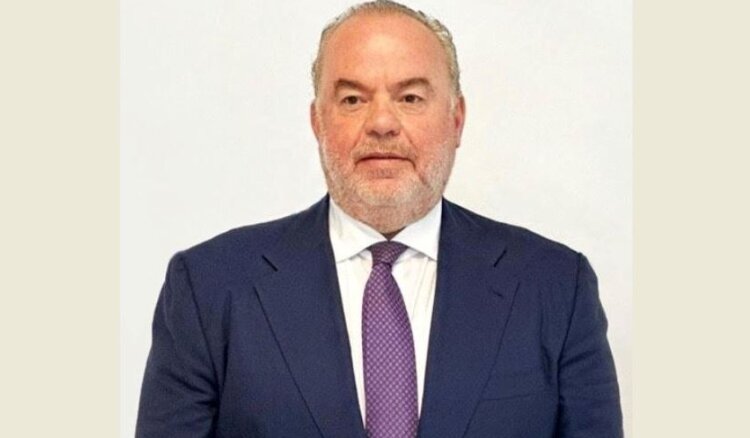How do the Lebanese Forces ministers implement US dictates?

SOUTH LEBANON — Concern is growing over the U.S. position to renew the mandate of the United Nations Interim Force in Lebanon (UNIFIL) in southern Lebanon at the end of August, given the American pressure that only serves the interests of the Israeli enemy.
The move comes in the wake of a leaked report from Tel Aviv to the Washington Institute for Near East Policy, in which investigators claim to have obtained confessions from resistance detainees alleging collusion between UNIFIL forces and Hezbollah. This also comes as part of Israeli diplomatic and military pressure on the international force to cancel its mission or introduce radical changes in favor of a direct U.S. military role through the head of the ceasefire supervision committee, General Michael Lenny.
Analysts fear that UNIFIL will be replaced by a group of international observers serving one clear purpose: the forcible disarmament of Hezbollah.
In parallel, Washington continues to deprive the Lebanese Army of any military capabilities as it pushes the army to detonate Koranit missiles collected from Hezbollah’s stockpiles to demilitarize the South.
Hence, the Lebanese Army would only assume a supervisory role, in preparation for the imposition of a “peace” treaty with Israel.
The Lebanese Ministry of Foreign Affairs announced that the Lebanese mission to the UN submitted a request to UN Secretary-General António Guterres to renew UNIFIL mandate following international advice received from Prime Minister Nawaf Salam and Foreign Minister Youssef Rajai to ensure the renewal of UNIFIL in its current form, given Israeli incitement and American obstruction.
Informed sources revealed that the real reason for the delay in Lebanon’s letter is that the foreign minister (a minister affiliated with the Lebanese Forces) is subservient to American dictates.
For his part, another minister affiliated with the Lebanese Forces, Minister of Telecommunications Charles Hajj, decided to halt restoration work on the telecommunications network in Beirut’s southern suburbs, the South, and the Bekaa, which were damaged due to the ongoing U.S.-led Israeli aggression. Hajj relentlessly seeks to privatize Lebanon’s telecommunications sector.
Meanwhile, Lebanon is preparing to respond to a proposal presented by Trump’s envoy Thomas Barrack during his recent visit to Beirut, noting that Israel had recently informed the ceasefire oversight committee that it would not withdraw from any point before Hezbollah was completely disarmed.
The Al-Jumhuriya newspaper quoted an informed source as warning of an Israeli escalation in light of the blatant laxity of the oversight committee and the evasiveness of its sponsoring states, which continue to deceive Lebanon with false promises while not only abdicating their responsibility but also covering up Israel’s freedom of movement.
Barrack’s dreadful proposal revolves around: (1) a vote in the government to disarm Hezbollah; (2) adopt a step-for-step mechanism, meaning that Israel would withdraw from a specific occupied point in exchange for a step regarding Hezbollah’s weapons.
Reportedly, the Shiite duo—Hezbollah and the Amal Movement—is open to discussing the resistance’s military arsenal within the government, as long as the approach remains nationalistic, safeguards Lebanon’s sovereignty, and does not relinquish a strategic asset without purpose.
Leave a Comment